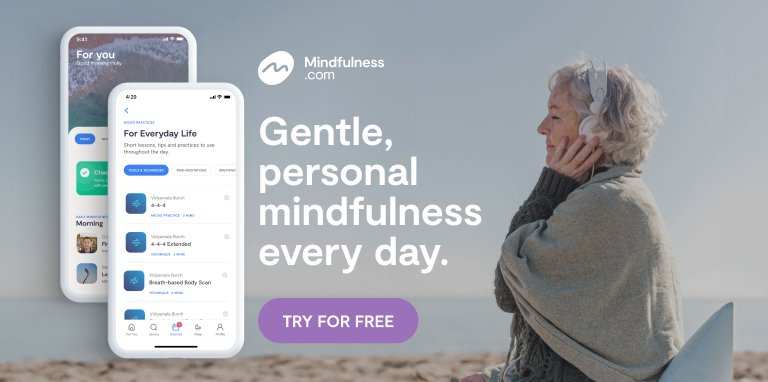Up to 12% of musicians use or abuse substances in some form or another. This happens for a variety of reasons, from the stresses of the road to peer pressure we might feel to “let loose.” Whatever the reason, you’re sober now. However, you are just getting ready to face new challenges. Today, we take a look at how you can keep yourself financially afloat during the early stages of your sobriety.
Sell your skills as a freelancer.
If you’re just getting back to work after a long hiatus (either in rehab or because of being in active addiction), then finding a job might be a challenge. However, there’s nothing stopping you from freelancing. While you obviously need a paycheck, Flexjobs recommends that your first clients be more about the experience than income. Ideally, you’ll form an LLC to save on taxes. If you go this route, do your research and use a formation service that helps you bypass the expense of an attorney.
To help you convert more leads on jobs, put together a newsletter that you can send to clients and potential clients. Explore the templates available on Productive and Free to find a high-quality presentation package to get your newsletter noticed.
Look for part-time work.
There are part-time jobs available in every nook and cranny of the nation. While you may not find something that you’re passionate about, anything beats getting evicted. Consider working part-time as a server, hotel concierge, dog walker, or even as part of a cleaning crew, the latter of which offers a salary of more than $15 per hour plus the potential for tips.
Find a roommate.
The bills will start to pile up, but it’s less of a challenge to make the mortgage if you have a roommate or two. You can use services, such as Recovery Connection, to find the right person to share your home. As an added benefit, you’ll have a built-in support network, and you can offer each other an opportunity for socialization and camaraderie when you need it most.
Prioritize your recovery.
As you struggle to regain footing in the first year of your recovery, you have to put that recovery first. Remember to choose a living environment that helps you prioritize your well-being and make a budget that you can stick to. In addition to looking for a job, you may also want to find a hobby and make a point to exercise regularly.
Cook at home.
Part of living well also means eating right. Instead of dining out at restaurants that might tempt you with their alcohol menu, consider taking a cooking class or following YouTube tutorials that help you learn how to cook at home. Start with simple versions of your favorite meals, and don’t be shy about inviting your friends and family over to show off your new culinary creations.
Know what to do in case of relapse.
Many people relapsed in the infancy of their sobriety. While this can be a heart-wrenching occurrence, you should know that this is not the end of your better living endeavors. Make sure that you know how to find the best rehab centers in the US that accept your insurance or Medicaid. Before you choose a center, make sure they are fully licensed and have the right credentials and certifications for your needs. You should also read testimonials from former residents to get a better idea of the experience you can expect.
Your sobriety is everything, but the first year is a fragile timeline. Make sure that you put yourself first by finding a job as a part-time employee or freelancer and taking other steps to keep yourself afloat, such as finding a roommate or learning how to cook. Most importantly, have a plan of what to do in case of relapse so that you know which recovery center is best equipped to help you get back on your feet.
Don Lewis
Don Lewis created Ability Labs to help family members of people with disabilities. When Don’s son, Randy, was a junior in college he was in a terrible motorcycle accident and suffered a severe head trauma among many other injuries. From that day on, Randy’s physical and cognitive abilities have changed, but he’s still Don’s favorite person in the world. Through Randy’s journey, Don has learned a lot about how different life is for people who are differently-abled. Don believes that everyone is special and no one should be defined by their unique abilities. He hopes Ability Labs will inspire others to promote or even adopt this way of thinking.
Share in the comments below: Questions go here






















![One Page Media Kit [A] - Navy Blue](https://images.squarespace-cdn.com/content/v1/5849ea99ff7c5026f7bfdc54/1674690328865-341R6EI9WBSEY2RKRDEM/59.jpg)
![One Page Media Kit [B] - Navy Blue](https://images.squarespace-cdn.com/content/v1/5849ea99ff7c5026f7bfdc54/1674704094394-SDRNSKWBM03DK2Y5094N/60.jpg)










